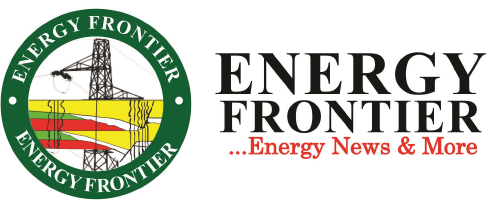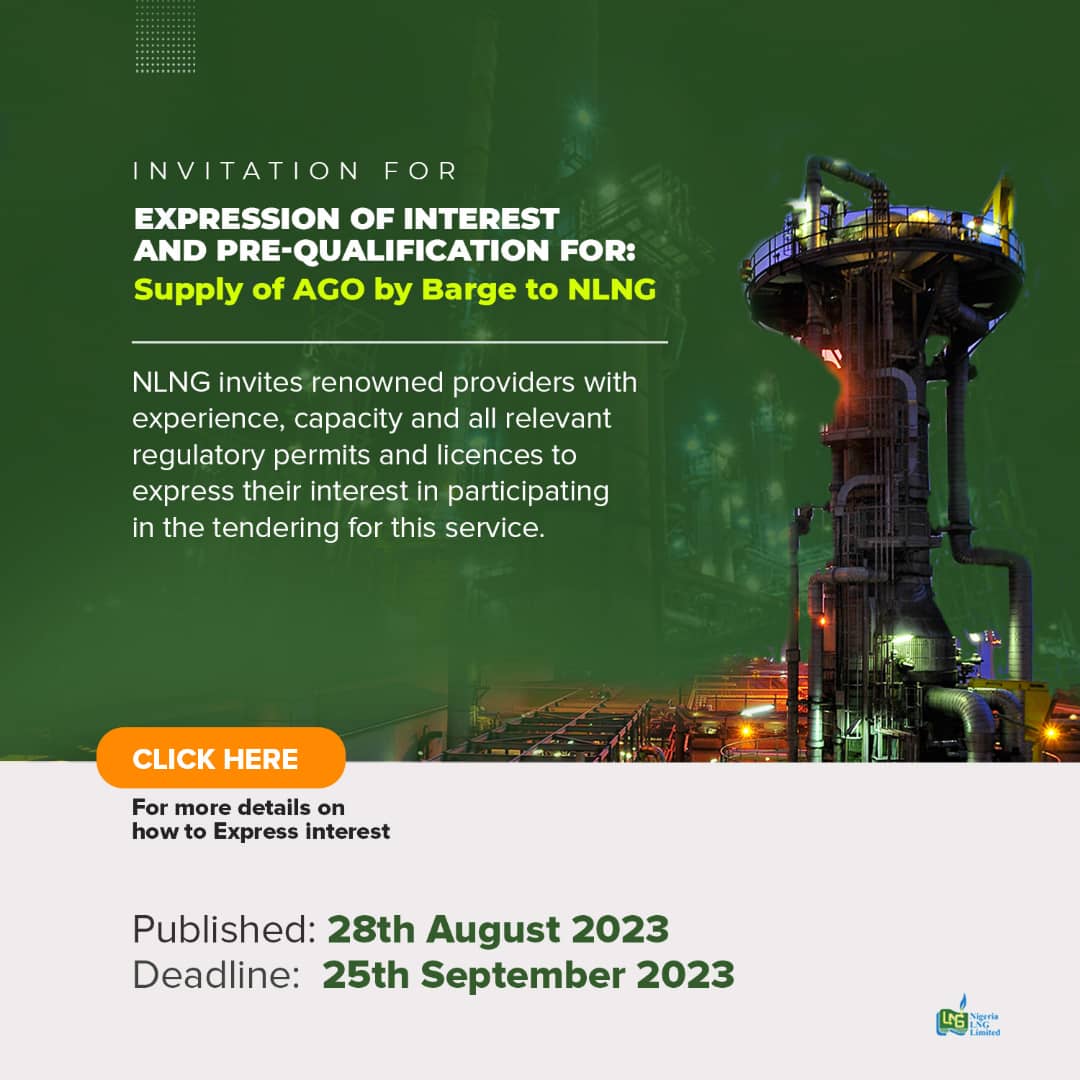The full deregulation of Downstream Petroleum Sector is a critical National economic and strategic endeavor requiring the support and cooperation of all stakeholders to implement. All hands should therefore by on deck to ensure the attainment of transparent, competitive, efficient and sustainable liberalized downstream petroleum sector in Nigeria.
The Former Chief Operating Officer, Upstream, NNPC who is now the Managing Director, Dankiri Farms and Commodities Limited, made this known at the Major Oil Marketers Association of Nigeria, MOMAN, fourth quarter workshop for Energy Correspondents on Monday in Lagos.
Challenges
Speaking on the theme: “Deregulation of NIGERIAN Downstream petroleum sector, framework for a Transparent, Competitive, Efficient, and Sustainably Liberalized Downstream Petroleum Sector in Nigeria”, he listed Inefficiencies Impeding Deregulation to include chronic state of disrepair of NNPC’s owned refineries, depots and pipelines characterized by long-term low-capacity utilization of the refineries and closures of important sections of the storage and distribution chain which created a large downstream infrastructure gap; it has made Nigeria fully dependent on imported petroleum products subsequently heightening social and environmental risks associated with trucking of products across the nation and between June 2018 and July 2020, NNPC reported operating losses for the four refineries of over N325 Billion at an average monthly operating loss of N12.51 Billion.
Others are during the same period, a total of over N327 Billion was expended on pipelines repairs and management (N262 Billion), products losses (N56 Billion) and crude oil losses (N9 Billion) at monthly average cost of N12.58 Billion to the Federation, the Operating Model of NNPC’s downstream businesses arguably has contributed to a difficult investment climate for the private sector and made NNPC the single importer of PMS, limiting the space for competitive market; unavailability of dollars to Oil Marketing Companies at the official CBN FX window while NNPC imports all its products at the official exchange rate of N360 per US$ and inability of PPPRA to continue publishing the monthly guiding prices for the deregulated products has created confusion as to which exchange rate should be used for the importation of Petroleum products.

The Former Chief Operating Officer pointed out the non-compliance with PPPRA regulations on monthly guiding prices for PMS; as the PPPRA renege on its responsibility to monitor the market and advise NNPC and other marketers on the appropriate guiding prices of PMS on a monthly basis.
Another challenge he pointed out is insufficiency of market and industry information that would allow all importers and consumers to understand the basis for any change in price.
The PPMC Ex-depot price according to him is now the only basis for pricing PMS across the nation. Nigerians would therefore have to pay for any inefficiency associated with the monopoly supplier.
“A review of the current legislation and institutional arrangements establishes gaps which include conflicting provisions with respect to who has the power to fix the prices of petroleum products; the Petroleum Act, 1969, Price Control Act of 1977, Petroleum Equalization Fund Act and Petroleum Product Pricing Regulatory Agency Act, 2003 all have varying provisions and powers on Petroleum Products Pricing, PPPRA has the power to “determine the pricing policy of petroleum products.” Whilst not as explicit as the previous legislations, the PPPRA Act, empowers an additional agency to settle prices of petroleum products. Indeed, as a matter of practice, PPPRA has been determining the prices of petroleum products in the recent past through its pricing template”, he said.
“In the current context, it is difficult to establish the true cost of PMS importation into Nigeria; when PPPRA were announcing the monthly guiding prices, the agency claims that the pricing template it published takes into account FOB cost, freight, trans-shipment cost, statutory and admin charges (NPA, NIMASA, PEF, etc), storage charges, financing costs, foreign exchange rate together with generous distribution margins for the Oil Marketing Companies, transporters and Retailers”, he added.

“But the Major Oil Marketers Association of Nigeria, MOMAN, insists that the cost of importation of petroleum products, especially PMS, is beyond the reach of its members, primarily due to unavailability of FX at the same rate applicable to NNPC. They also insist that distribution costs the template allots to marketers is inadequate to sustain their businesses”, he stressed.
“NNPC as the sole importer of PMS is utilizing its domestic crude oil allocation to import PMS under the DSDP arrangement, thus benefiting from unrestricted access to FX at official rate of N360 per US$. Oil Marketers would end up with a higher landing cost that is at least 25% higher than NNPC’s if they procure FX at N480, stated Rabiu.

Rabiu
The way Froward for immediate Short Term
“CBN must provide access to foreign exchange at the official rates to the importers as they currently do with other importers of strategically important goods. The regulators have to act in a way that enables the market to determine the price of Petroleum products and services in the medium to long term. There is indeed no basis of fixing the margins of market players in a deregulated market environment unless a price ceiling is to be imposed by the regulator”.
To encourage competition and reduce Premium Motor Spirit, PMS, Retail price, PEF and NTA charges according to him should be removed from the PPPRA template to enable transporters charge market price for transportation of products across the nation. Storage and Lightering charges as well as wholesale and retail margins should also not be regulated by PPPRA.
“To address the issue of establishing the true cost of importation of products, PPPRA should resume the publication of key elements of its templates such as FOB Costs and FX rates. This would allow all consumers and other stakeholders to understand the basis for any change in price. As long as NNPC remains a sole importer of PMS, the total cost of importing the product should be publicly disclosed and the imported product should be shared to all eligible wholesalers at cost”, he maintained.
“NPSC should be repositioned and adequately funded under a PPP arrangement to operate as a neutral entity, serving NNPC and all other Oil Marketing Companies under open access regime
“To minimize actual cost for products importation, estimated at over 80% of the current pump price, government should carry out a benchmark audit on the current DSDP arrangement to determine if it is still cheaper than cost incurred by other Oil Marketing Companies, OMCs. This is necessary at this stage of our deregulation journey when NNPC is still the sole importer of PMS due to inability of other OMCs to secure adequate forex for their imports”, he opined.
“If the OMCs are able to import PMS at a cost lower than the NNPC’s DSDP arrangement, then NNPC should be encouraged to discontinue procurement under the scheme and join the OMCs in open market procurement of imported products. If the DSDP cost of import is lower than current OMCs import cost, then DSDP arrangement should be adopted as a national strategy for the importation of products pending the resumption of operation of the NNPC refineries”, the Former COO stated.
“There should be full and effective implementation of the Petroleum Industry Act, PIA, 2021 which clearly provided for full deregulation of Petroleum Products Pricing and enhanced regulatory framework for the Petroleum industry”.
The way forward for medium term strategies
He listed expanding the port capacity to receive liquid fuels in greater quantities or increasing the speed of discharge, increasing fuel storage capacity, and enabling cheaper transport of petroleum products (by pipeline or rail rather than road transport) are some of the ways to lower landing costs and petroleum pump prices.
Under a deregulated regime, focus of the regulator, Nigerian Midstream and Downstream Petroleum Regulatory Authority, NMDPRA, working with the Competition Regulator is to ensure that industry players are not involved in anti-competitive practices such as collusion and abuse of market share in establishing prices of petroleum products. NMDPRA should no longer play a role in fixing prices and setting price ceilings. The regulator must also ensure that all market-players (including the National Oil Company and its subsidiaries) are operating on a level playing-field.
The way forward for Long Term Strategies
He said, effective operation of the network of pipelines and depots will depend on the continuous operations of the four refineries whose major rehabilitations are ongoing. Private sector investments into these critical infrastructures when reinforced with appropriate ownership and governance structures operating under a transparent and open access regulatory environment will guarantee sustainable development of a liberalized downstream petroleum sector
“The decision to privatize or enter concessions with respect to the assets is a strategic one based on what the government perceives its future role in the sector to be and the market appetite for partnership with the Government. This should be underpinned by the objectives of securing the financing necessary to rehabilitate/develop the assets; and reducing the influence of Government/NOC in operational decision-making and strengthening of the Competition Commission by ensuring it includes close monitoring of market behavior and using the Competition Law framework to ensure fair competition within the deregulated industry”, Rabiu advised.





















